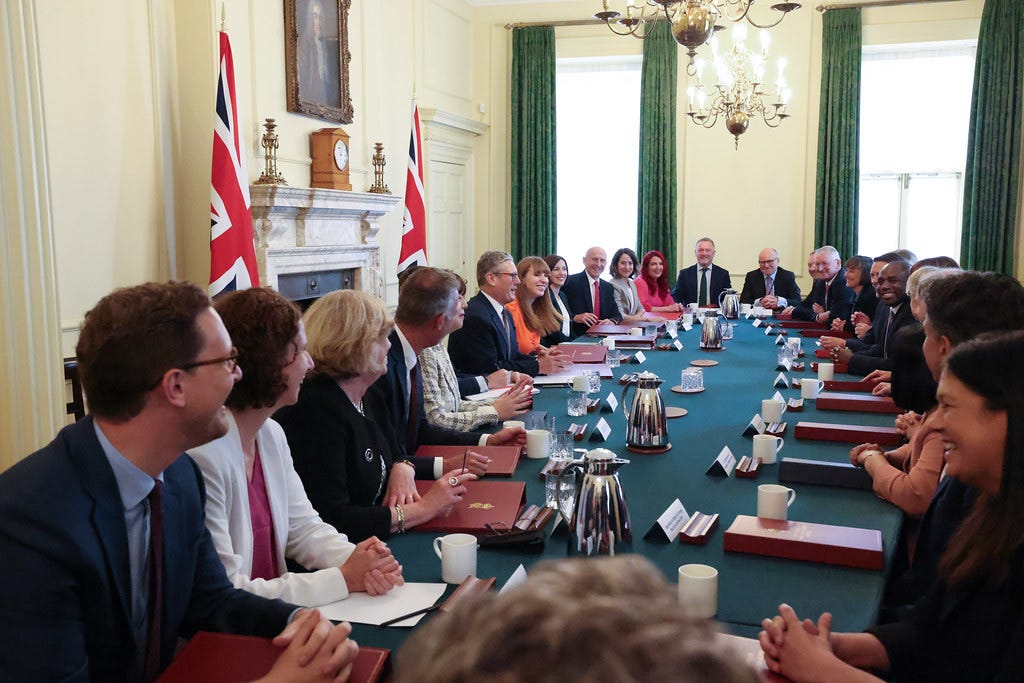A year of Labour in power - the report card, part II
How we rated the government on immigration, climate, welfare, foreign affairs, arts and culture, alongside what The Lead's readers had to say on each key policy area
Congratulations, you’ve made it to Part Two of the Labour government’s report card! We’ve been digging into each policy area and scoring the government’s performance as well as seeing how you rated the government too in our reader survey.
If you missed part one, then…





